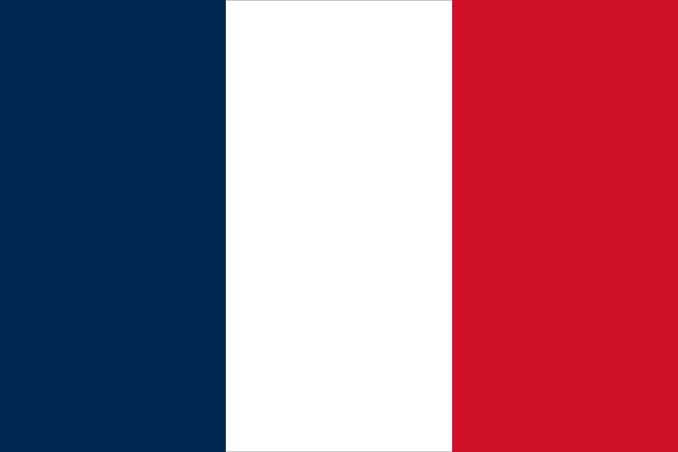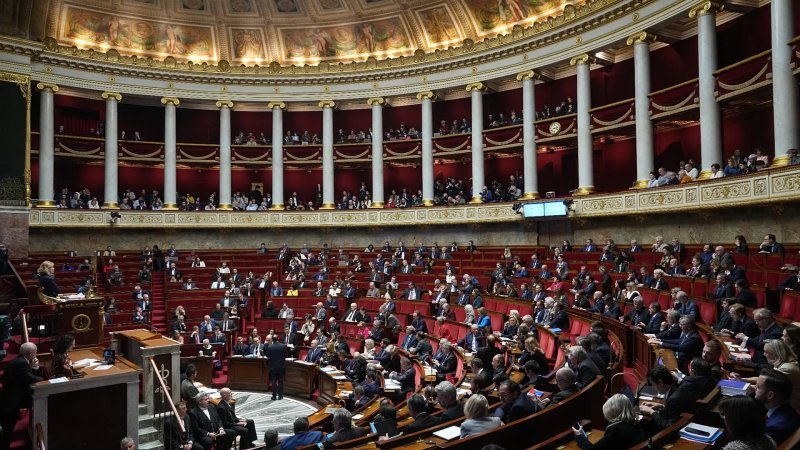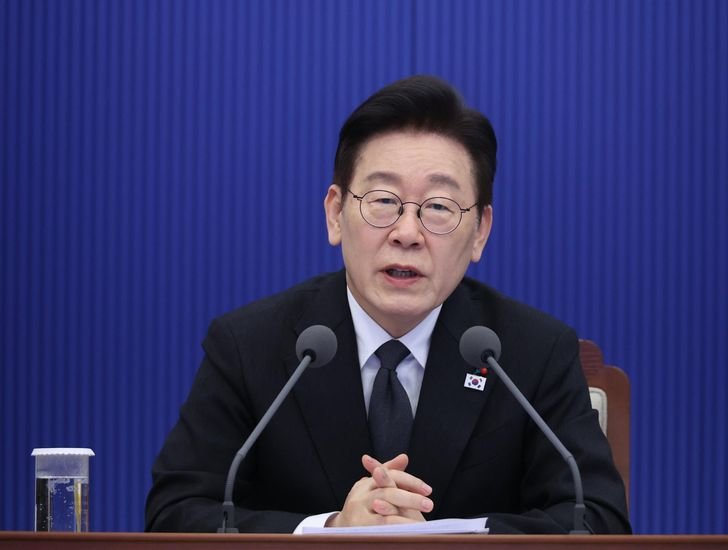Paris, March 30, 2025 – The Europe Today: France’s Ministry of Foreign Trade has strongly condemned what it calls “unacceptable” U.S. interference in the diversity and inclusion policies of French companies, following a warning letter from the U.S. Embassy in Paris discouraging such initiatives.
The ministry’s statement, issued on Saturday, came in response to letters sent to several French firms, instructing them to certify that they do not implement diversity, equity, and inclusion (DEI) programs—a frequent target of U.S. President Donald Trump’s administration.
“American interference in the inclusion policies of French companies, along with threats of unjustified tariffs, is unacceptable,” the ministry declared, adding, “France and Europe will defend their companies, their consumers, but also their values.”
Copies of the U.S. letter, which surfaced in French media late Friday, indicate that the directive applies to all U.S. government contractors and suppliers, regardless of nationality or country of operations. French companies receiving the letter were reportedly given five days to respond.
U.S. Crackdown on DEI Programs
The letter follows President Trump’s executive order banning federal DEI programs, signed on his first day back in office for his second term. The order extends to foreign companies doing business with the U.S. government, citing alleged violations of federal anti-discrimination laws.
France’s “Color-Blind” Approach to Diversity
Unlike the U.S., France’s approach to diversity is rooted in its strict secularism policy, laïcité, which prohibits the collection of race-based data and the consideration of ethnicity or religion in hiring. Instead, corporate diversity efforts in France focus on gender and socioeconomic background.
France legally requires large companies to maintain 40% female representation on corporate boards, positioning it as a global leader in gender diversity in the workplace. The country ranks second in the world, after Iceland, for the proportion of women on corporate boards.
This latest dispute underscores growing tensions between the U.S. and Europe over corporate governance and social policies, with France and the EU signaling a firm stance against external pressure on their business practices.














